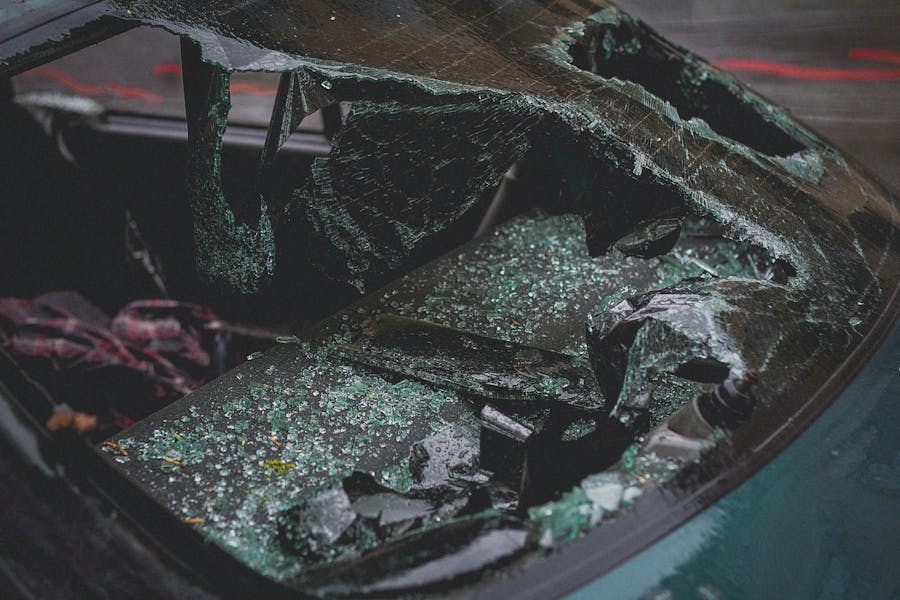Being in a car accident is never a good time. But when it occurs when you’re away from home, perhaps on a weekend trip or business travel, it’s added stress. You are in a strange environment, not knowing the laws of the land, and perhaps without your usual support network.
Picture yourself driving down in Washington state, perhaps taking a pass through Everett or surrounding cities, when a freak accident brings everything to a standstill. Now you’re stuck trying to figure out what to do next, who to contact, and if your insurance will even cover you out here.
In this blog, we’ll guide you through the most important things you should do immediately after an out-of-state accident so you can remain safe and avoid expensive blunders.
Prioritize Your Safety and Medical Needs
The initial few minutes following an accident are vital. Breathe and check yourself and other passengers for injuries. If you are able to move, vacate the vehicle, and locate a safe place out of traffic. Turn on hazards to warn other motorists.
Call 911 immediately! Even if it feels like a minor fender bender. Emergency services can send police and medical help, which is very important. Let paramedics check for injuries. Some issues like whiplash or internal trauma may not show up right away.
Medical records from the scene or nearby hospitals will also help if you need to file an insurance claim or take legal action later.
Understand That Laws May Differ by State
One of the hardest things about dealing with an auto accident out of state is the change of rules of law. There is a different procedure each state uses for insurance policies, fault laws, and filing procedures.
For instance, some states have a no-fault system, whereby your own insurance pays for specified losses irrespective of the fault in the accident. Washington, however, operates an at-fault system, whereby the party at fault in the accident is responsible for paying the damages.
Let’s say your accident took place while driving through Everett, WA, a busy part of Snohomish County with a mix of local and highway traffic. If you’re from out of state, you can reach out to a car accident lawyer in Everett, WA, who deals with these types of cases regularly. Since you may not know how Washington treats personal injury claims or what the deadline is to file one.
An attorney in the local area can walk you through Washington’s insurance laws, assist in determining liability, and ensure that all paperwork is filed properly. They can negotiate with the insurance companies for you, so you’re not left doing it all yourself, particularly in unfamiliar territory.
Document Everything at the Scene
Once everyone is safe and medical help is on the way, start gathering as much information as you can. Your phone is your best tool here. Take clear photos of:
- The vehicles involved (including license plates)
- Any visible damage
- Road signs or signals
- Skid marks, debris, or nearby traffic conditions
- Your injuries, if visible
If anyone witnessed the accident, ask for their name and contact information. Their statements could support your case later. Also, exchange details with the other driver, including name, phone number, license number, and insurance information.
Don’t rely on memory alone. Even small details can make a big difference if questions come up later. Especially when you’re outside your home state, documentation becomes even more important to avoid misunderstandings or delays.
Notify Your Insurance Company Right Away
Once things are stable and you’ve received medical help, contact your insurance provider as soon as possible. Let them know the accident happened out of state, and ask what steps to follow.
They’ll tell you what documents they need and whether things like rental cars or towing are covered. Keep receipts and stay organized.
Be cautious with your words. Don’t admit fault or guess what happened, just share the facts. What you say early on can affect how your claim is handled later.
File a Police Report and Request Copies
Even if police came to the scene, it is still worth following up and obtaining a copy of the formal police report. This report usually becomes a central document in insurance claims and lawsuits.
If the police don’t show up, you’ll need to report it yourself if there was injury or significant damage. Each state is different, so look at the state DMV or law enforcement website for instructions.
Ensure the report contains correct information regarding what occurred. A clear, official record will be able to safeguard you if the other driver alters his or her story or if questions arise later in the process.
Final Thoughts
Getting into a car accident while away from home can feel overwhelming. You’re dealing with unfamiliar roads, new laws, and the stress of being far from your usual support system. But knowing what steps to take can make a big difference.
Take care of your own safety first, get all the information you need, and keep very close records. Call your insurance company fast and be careful about what you say. And if things become complicated, don’t worry about calling legal advice.
Being calm and well-informed will allow you to navigate the process more confidently and with fewer headaches.


